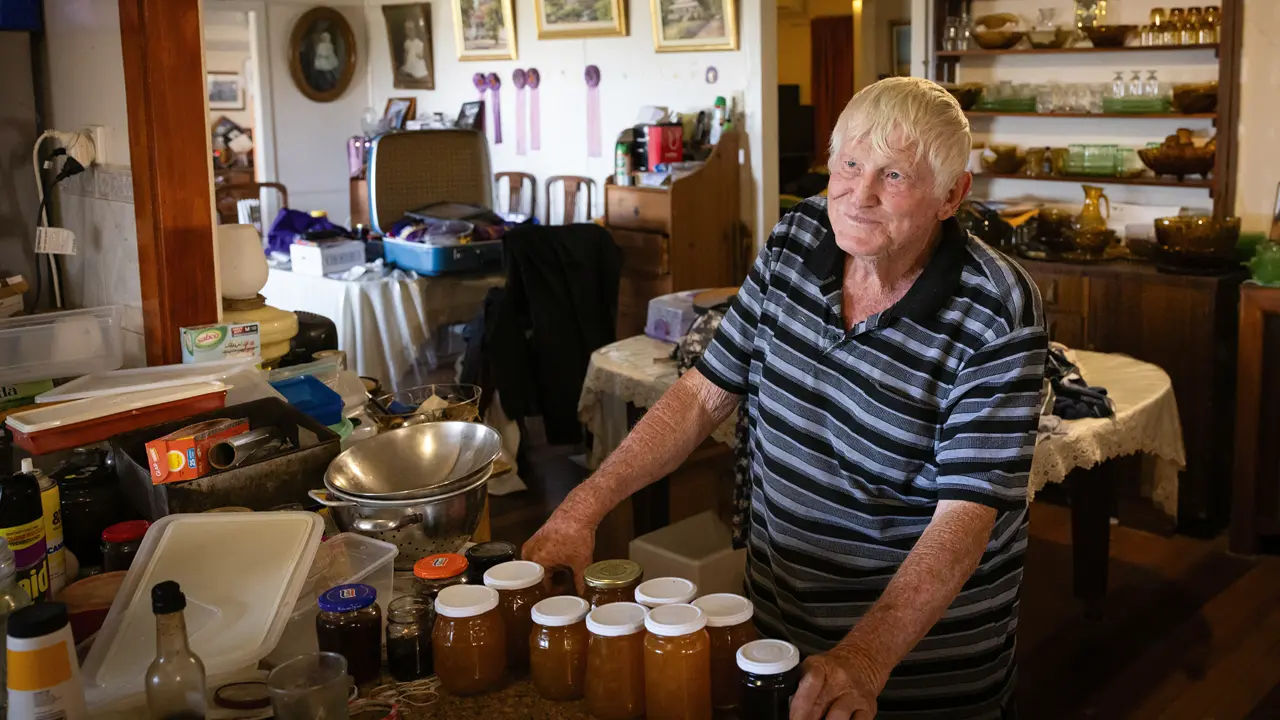She has faced more than her fair share of adversity, but Rural Woman of the Year Mary Retallack has become an inspirational leader in the wine industry.
Story By Liz Harfull
Mary Retallack says she has had a fortunate life. At first glance there have certainly been more than a few notable achievements in her 38 years, culminating in her being handed the 2012 Rural Industries Research and Development Corporation Rural Women’s Award at a gala event in October.
But Mary’s success has been hard-won, accompanied by heartache, depression, potentially debilitating illness and constantly having to prove herself in a male-dominated industry. “Yes, life has been permeated with a number of challenges but is has also been very kind to me,” she says, underplaying the courage, drive and fierce determination that have carried her through since she was a child. “She has a lot of strength and resolve,” younger brother Jim says.
Mary grew up on a small fruit block in South Australia’s Riverland. Her grandfather, Hugh Retallack, took up the eight-hectare patch of fruit trees and grapevines at Renmark West in 1940. He worked long, physically demanding days to establish the enterprise and build a future for his family.
Hugh and his wife, May, had four children. Two died at a young age, leaving Mary’s father Malcolm and his sister Beth, who was 10 years older. They lived in a humble fibro house that was Mary’s home too, with her father eventually taking over the property.
A founding member of the Riverland Vine Improvement Committee, Malcolm was known as an innovative grape grower who had a keen interest in new technology. Out of both necessity and inclination, he built most of his own equipment. “There was never any surplus money,” Mary says. “Dad would see bits of machinery and then he would come back and make [things]. He was really resourceful in terms of his practical ability, and I think that was instilled in me.”
Like many farm kids of her generation, Mary was out on the property lending a hand from a young age. “It was a fantastic place for me to grow up,” she says, describing summer holidays cutting apricots, packing pears and working alongside her father to bring in the grape harvest. “My main mode of transport when I was 10 years old was the tractor, and I was discing the property when I was 12 – all the stuff you could never do now,” she says. “But I loved it. It gave me an opportunity to earn some pocket money and it gave me a sense of responsibility and purpose from a young age, and I thrived on it.”
This story excerpt is from Issue #86
Outback Magazine: Dec/Jan 2013








